- 12 Feb 2024

What is travel technology? An overview and its role in the travel / tourism industry

Travel technology refers to the application of innovative digital solutions and software in the travel industry to enhance various aspects of the travel experience. This encompasses a broad spectrum of tools, including online booking platforms, mobile applications, data analytics, and emerging technologies. At the core, travel technology streamlines and automates processes that fosters a more agile, responsive, and interconnected travel ecosystem
What is travel technology?
Travel technology encompasses a variety of platforms and technologies, including those provided by travel management companies (TMCs), mobile apps, and online travel agencies (OTAs), and their primary aim is to simplify and expedite the travel booking process. The travel / tourism sectors are increasingly leveraging technologies for efficiency and improved customer satisfaction.
Through automation, travel businesses are benefiting from time-saving methods, cost reduction, and a seamless travel experience for their clients.
The advent of online reservation systems is one of the most groundbreaking changes brought about by technology. Travelers can now plan and book their trips end-to-end with just a few clicks. Due to the user-friendliness, evaluating options, comparing costs, and consulting reviews before making a purchase is commonplace in the modern digital era.
Why is technology important for the tourism industry
In contemporary times, the symbiotic relationship between technology and the tourism industry goes beyond mere operational enhancements; it has become a pivotal force shaping the very essence of travel. One of the most noteworthy impacts is the accessibility brought about by online booking platforms and mobile apps. Travelers now have the ability to plan and organize an entire trip with a few clicks- from booking flights and accommodations to confirming activities and transportation.
The integration of advanced data analytics has propelled the industry into a new era of personalization. Travel companies leverage data to understand user preferences thereby offering tailored recommendations that align with the unique needs of each traveler. This is a crucial step in enhancing the overall travel experience resulting in customer loyalty.
Technology has facilitated seamless communication and connectivity throughout the entire travel journey. Real-time updates, mobile notifications, and instant access to information have become integral components of the modern travel experience. From flight delays to last-minute itinerary changes, travelers are kept informed, contributing to a smoother and fulfilling experience.
As technology continues to evolve, innovations such as artificial intelligence (AI), virtual reality (VR), blockchain, and the Internet of Things (IoT) are poised to further reshape the tourism landscape. These advancements hold the potential to enhance security, streamline transactions, and provide even more personalized and efficient services to travelers.
Conclusion
In conclusion, the amalgamation of technology and tourism has ushered in an era of unprecedented convenience, customization, and connectivity. The ongoing evolution of technological solutions ensures that the travel industry remains dynamic, adaptive, and attuned to the evolving needs and preferences of modern-day travelers.
It further serves as a catalyst for evolving business strategies as far as travel management companies are concerned. Technology enables them to cater to the demands of contemporary clients while maintaining a competitive edge in a highly dynamic and demanding industry.
Recent Post
-
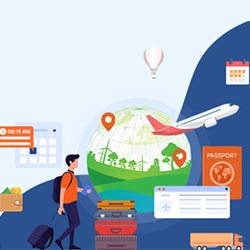
Sustainability in Travel : How travel technology drives eco-conscious tourism
25 Apr 2024
-
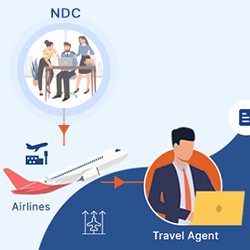
The Collective Power of NDC for Airlines, Agents, and Customers and its benefits in the travel chain
11 Apr 2024
-
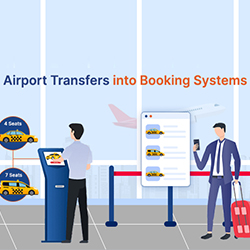
Streamlining Travel Experiences: The Importance of Integrating Airport Transfers into Booking Systems
27 Mar 2024
-
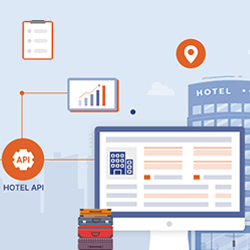
Hotel API Integration: Why it’s important for travel businesses
18 Mar 2024
-
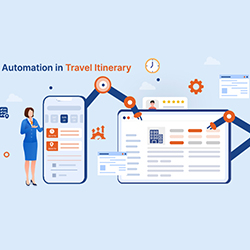
Automate the itinerary building process 5 reasons why travel agents need a travel itinerary tool
27 Feb 2024
-
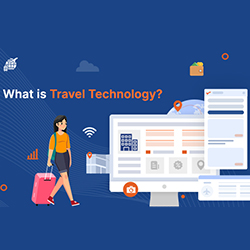
What is travel technology? An overview and its role in the travel / tourism industry
12 Feb 2024
-
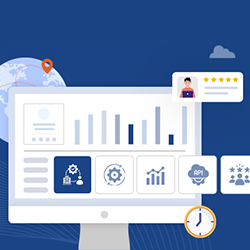
Why Every Travel Agent needs an Online Booking System in the Modern Digital Age
18 Jan 2024
-

The Role of Analytics in the Travel Industry
08 Jan 2024
-

How ChatGPT can improve the Travel and Tourism sector with it’s AI capabilities
26 Dec 2023
-

AI-powered Journeys: How AI is Reshaping the Travel Landscape this Holiday Season
22 Dec 2023
-

The Crucial Role of an Automated Mid-Back Office Solution for Streamlining Travel Operations
11 Dec 2023
-
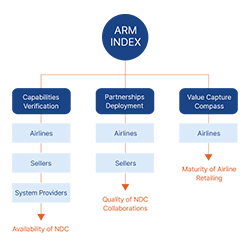
A Guide to IATA ARM (Airline Retailing Maturity) index
30 Nov 2023
-
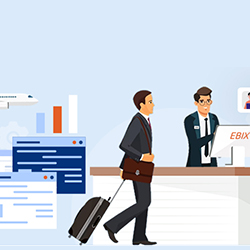
A Guide to Corporate Travel Management
16 Nov 2023
-
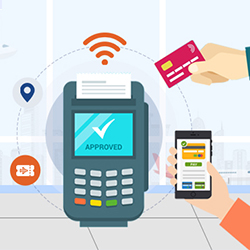
The Role of NFC in the Travel Industry
02 Nov 2023
-

World Tourism Day 2023: Unveiling the Future of Travel Technology
27 Sep 2023
-
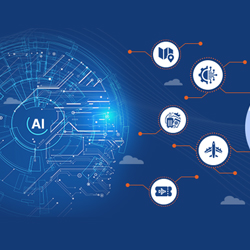
How is AI emerging in the travel industry?
21 Sep 2023
-
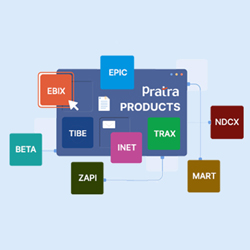
Pratra’s Innovative Travel Technology Products
04 SEP 2023
-

The Rise of Robots in Travel Industry and its Role in Enhancing Customer Experience
13 AUG 2023
-
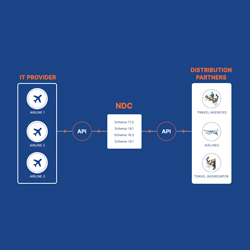
Difference between Conventional APIs and NDC APIs
01 AUG 2023
-
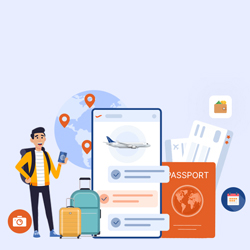
What is Travel API, and how can it help your business?
03 JUL 2023
-

Using AI to Empower Travel Advisors
05 Jun 2023
-
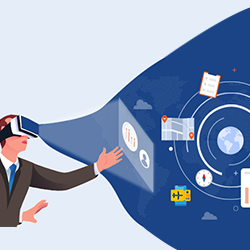
Top 5 Benefits of AR/VR Technology in the Travel and Tourism Industry
17 May 2023
-

Facial Recognition Technology and Contactless Check-ins in Modern Airports
05 Apr 2023
Let’s connect!
Our expertise is here at your disposal. We can’t wait to make use of it and help you succeed.

